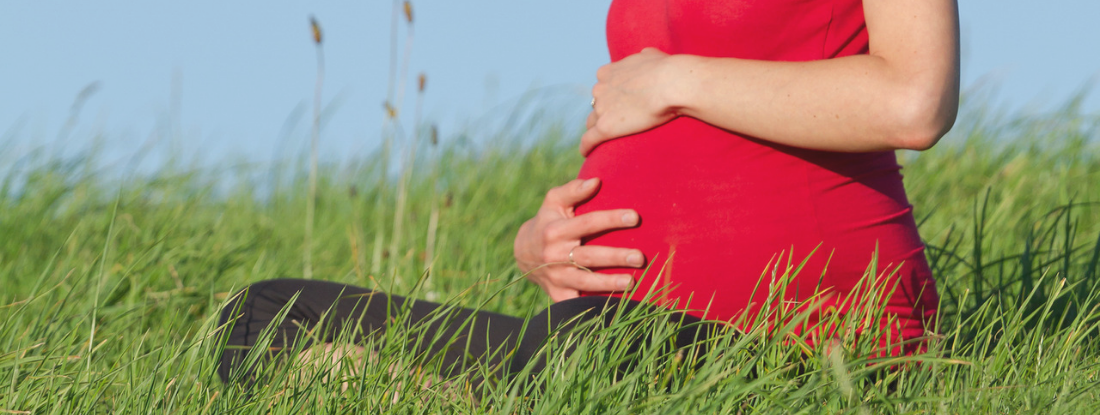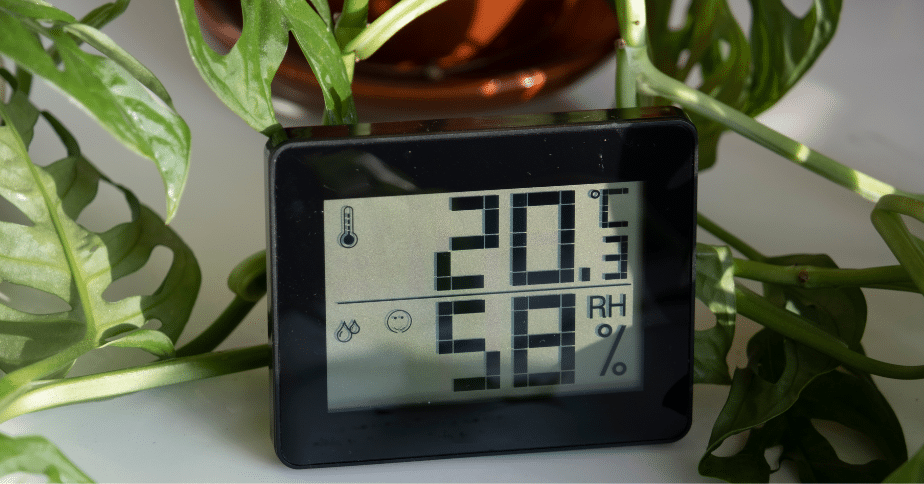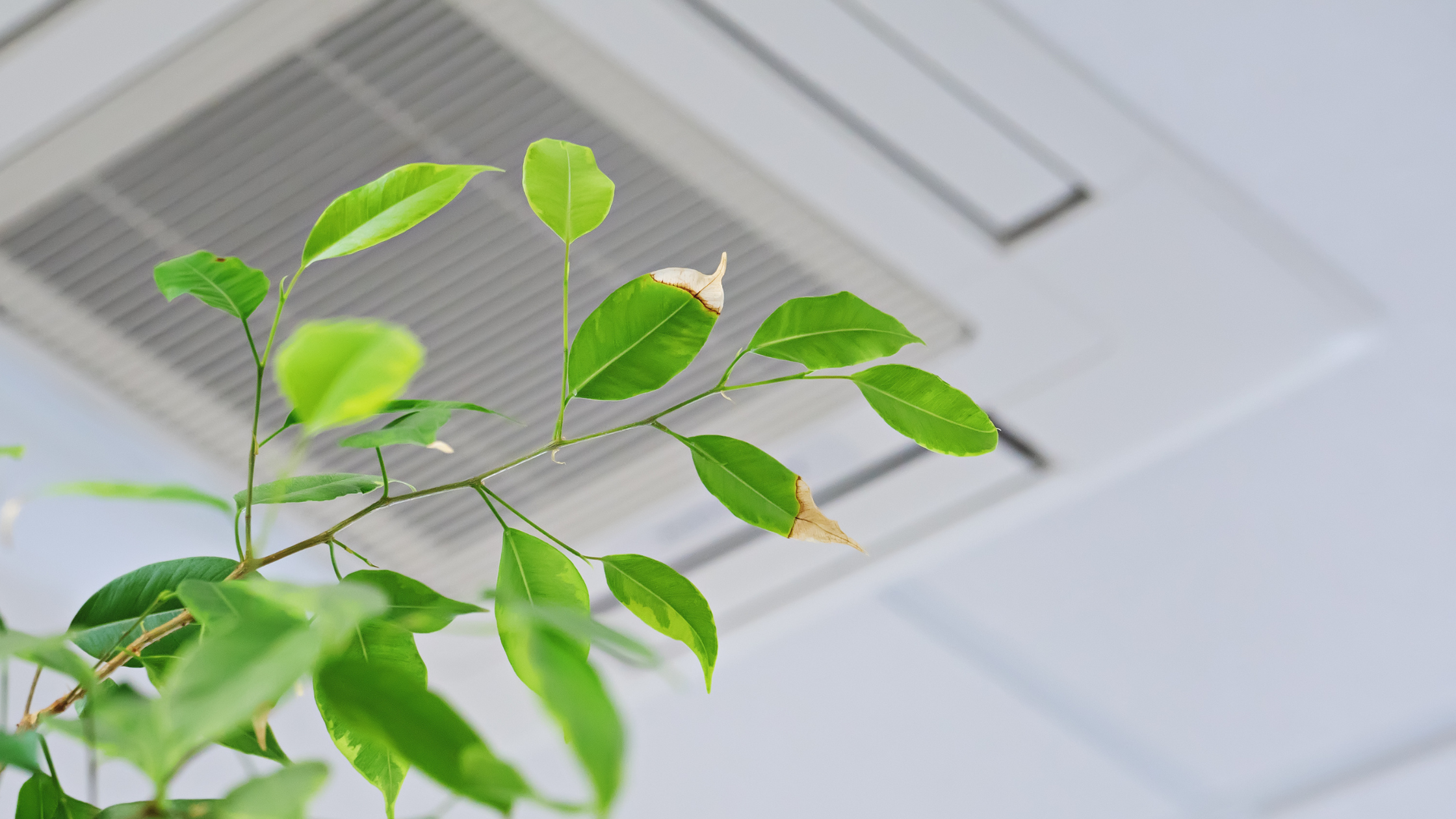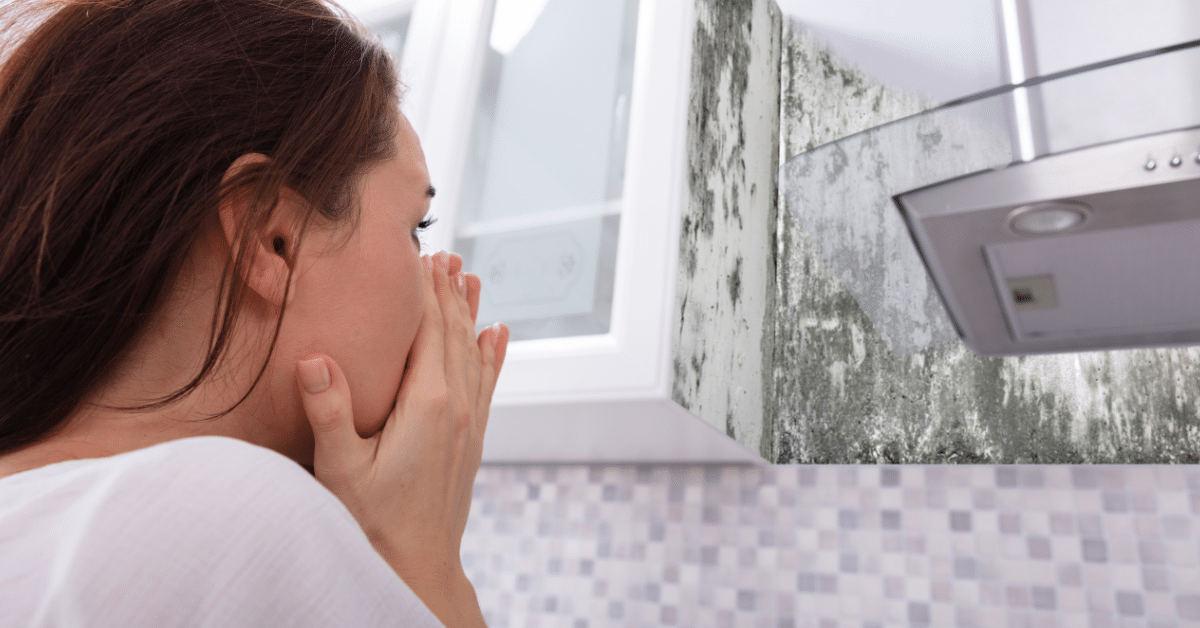Exposure To Mold During Pregnancy
- Mold Exposure
- Updated February 2021

Pregnant mothers are very susceptible to the ill effects of molds in the environment because of their delicate condition. Infants, babies, and toddlers can also have significant reactions to even the smallest amount of mold. Everyone is actually exposed to mold (and mildew) every day but depending on the type and level determines if and how you will be affected. Black Mold is an unwelcome and dangerous guest in your home and one that should not be taken lightly, but it can be prevented and treated.
Dangers of mold and pregnancy
Mold exposure symptoms
Pregnant mothers will do anything to protect their growing babies. Unfortunately, it sometimes goes unknown when mold exposure occurs. Repeated and prolonged exposure to black mold can affect the physical development of a fetus. Severe maternal allergies secondary to black mold exposure can lead to serious damages to the growing fetus. This includes brain damage and problems with the respiratory system. Also, the exchange of gases is not facilitated in a manner that is sufficient to supply the oxygen supply of the mother. If this happens, less is delivered to the fetus thus causing alarm since oxygen is necessary for optimum brain and respiratory functions. Women who are pregnant can suffer birth defects, miscarriage, and infertility later on.
Other symptoms when pregnant can include:
- Fetal Paralysis
- Allergy symptoms
- Accidental mold ingestion leading to dehydration
Mold exposure can impact your health in many ways. Mold releases lethal mycotoxin spores and can cause neurological breakdown, pulmonary decay, immune system degradation, skin irritation, and even death. The spores released by black mold attach your brain’s neurons—incapacitating your mental ability. The reaction to black mold can be tremors, mood swings, and other neurological shifts. If you’re exposed for long enough, black mold spores can shut down your organs, incapacitate your immune system, and damage your brain—resulting in death. Other symptoms of black mold exposure include fatigue, headaches, seizure, tremors, mood swings, confusion, fever, eye irritation, sneezing, rashes, coughing, bleeding of the lungs, and sometimes death.
Long Term Effects
When experiencing mold within your home, there are short term/long term effects your babies and toddlers can experience. Exposures to molds growing indoors for babies are often associated with:
- Nasal and sinus congestion
- Cough/Sore Throat
- Chest tightness
- Dyspnea (breathing difficulty)
- Asthma (or exacerbation of it)
- Epistaxis (nosebleed)
- Upper respiratory tract infections
- Headache
- Skin and eye irritation
Long-term exposure to indoor molds on babies can develop more severe symptoms:
- Immunosuppression
- Cancer
- Hypersensitivity pneumonitis/pulmonary fibrosis
- Pulmonary injury/hemosiderosis (bleeding)
- Neurotoxicity
- Hematologic and immunologic disorders
- Hepatic, endocrine and/or renal toxicities
Very commonly, mold smells like mildew and must, so it can be detectable even when you can’t see it. To be on the safe side, it is reiterated that pregnant women should stay away from molds. Pregnancy should be a pleasant experience unmarred by the presence of trouble-causing molds. Therefore, it will be best to get help from mold inspectors, like Air Quality Assessors, to help you act on such situations before they worsen.
If you suspect you’ve been exposed to mold it’s best to contact your doctor first. It’s important to prioritize you and your baby and take care of your home second. If you live in Florida, give us a call at (844) CALL-AQA.



